Beyond Columbus: An Italian American Wake Up Call
The City of Chicago removed the Columbus statues in two public parks in the dark of early morning on Friday, July 24th, then hauled them to an undisclosed location. The city’s mayor, like a frustrated parent seeing a toy being fought over by two siblings, took it out of their hands and put it away, as if to say, when you two can learn to play together peacefully, then maybe I’ll let you have this statue again.
Removal of public Columbus statues is happening all over the U.S.A., giving Americans of Italian descent a wakeup call, nudging this sleeping minority to ask, what does this statue really means to their identity as U.S. American citizens. Some Italian Americans see the statue as a public representation of their immigrant stories; others see it as perpetual reminder that minorities will never share in the power to determine their own destinies without succumbing to the power of whites. That a single symbol can have such a range of interpretations is no surprise, for this is the nature of symbols.
Seen by some as a symbol of how Italians became U.S. citizens, by others as a symbol of the white supremacy and privilege given to those who have oppressed minorities for centuries, these statues have become rallying sites for those in support of the oppressed, demanding removal; for others who contest these demands and defend the statues presence with threats of harm to those who try to take them down. Yet, there are many others, and I would guess that the number is more than the sum total of both sides, who remain apathetic, and don’t care one way or another, preferring not to become involved in the controversy.
The violence that occurred during protests, some including raging attempts to topple the statues, has led to their removal. All of this has happened because our education system failed to inform all citizens about the possible interpretations across America’s diverse cultural landscape. All I ever learned about Italians in school were the two Cs: Columbus and Capone. I was never taught that Columbus had been a symbol of my Italian American identity. I was never taught that my family’s immigration history mattered enough to be studied. That's why I got involved in education: first to figure out for myself why, if my culture was worth studying we weren't studying it, and then, after studying it, figuring out how I could get everyone to care about more than those two Cs. I guess with them both gone now, we'll have to rely on the culture we have created to represent us.
Columbus had slaves? Maybe, maybe not, but how does that mean anything to us today? White people killed Indians, and when they were done, someone figured out that they needed people to do the work that they didn’t want to do, so they enslaved Africans; why they didn’t try to enslave the Indians is something I’ve always wondered. Then, after slavery was legally abolished, but social and politically sustained, immigrants were brought in to take their place, given the hope that possibly, if you worked hard enough to become accepted by, or even become, the whites in power, then you could succeed. The root of this problem is not ethnic, not racial, but class difference.
Big problems occur when ways of seeing the past become unchallenged ways of being in the present, and we have come into very challenging times. Columbus as a symbol of Italian American culture was foisted on Italian Americans, starting in 1892, and now is being torn away from them. Who are the Italian Americans who, taking these actions personally, become offended enough to defend statues of dead people with baseball bats poised to engage others in violence? Who are the Italian Americans who want nothing to do with this historical figure?
Columbus was never part of Italian history. The problem is that most don't know how or why he became a part of what some see as Italian American history. To understand this issue better I suggested we begin by educating ourselves enough to make valid arguments that defend whatever interpretation we choose. Try reading two articles by Dr. Laura Ruberto and Dr. Joseph Sciorra, before you weigh in on this issue:
http://www.processhistory.org/rubertosciorra-toppling-columbus/
It’s time to move beyond Columbus and focus on educating everyone about what it is that really matters to Italian Americans.
Let these events be the Italian American wake up call. If our culture really matters to us, then we need to invest our time and resources into that which transcends the symbolic and reaches the minds of those who are unaware of what it is we have done as we have become U.S. Americans.
What I want to see is a concerted effort by all Italian Americans to invest in providing a greater presence of the full range of Italian American histories in our education programs that will offer possibilities for new identities and new interpretative strategies and foster understanding and acceptance of all differences in this democracy.
Don’t worry about Columbus, he, for better or for worse, has earned his place in history and will remain a figure full of interpretive possibilities. Today, Italian Americans need no longer depend on an identity that comes from marching in parades that celebrate the historical acts of one man.
Leaders of Italian American organizations that will never garner membership from all the millions of Americans of Italian descent, may claim that such removals are akin to hate crimes, but, in reality, there is no comparison here with any other racial or ethnic group in the U.S.A. Try complaining to those who had their lives, their land, their heritage removed through the violent acts committed in the name of God and the manufactured Manifest Destiny of a country that for centuries pretended that everything was all right, because everything was still all White.
There will be no solidarity of Italians on this issue, and we need to understand that there never was, and never will be an issue that can unite us all, save our common sense of being Italian American.
---
Fred Gardaphe is Distinguished Professor of English and Italian/American Studies at Queens College/CUNY and the John D. Calandra Italian American Institute. His writing includes plays, stories, and his books include Italian Signs, American Streets: The Evolution of Italian American Narrative, Leaving Little Italy, and From Wiseguys to Wise Men: Masculinities and the Italian American Gangster. His latest work, Crossing the Tracks: A Novel in Friction, is currently seeking a publisher.






























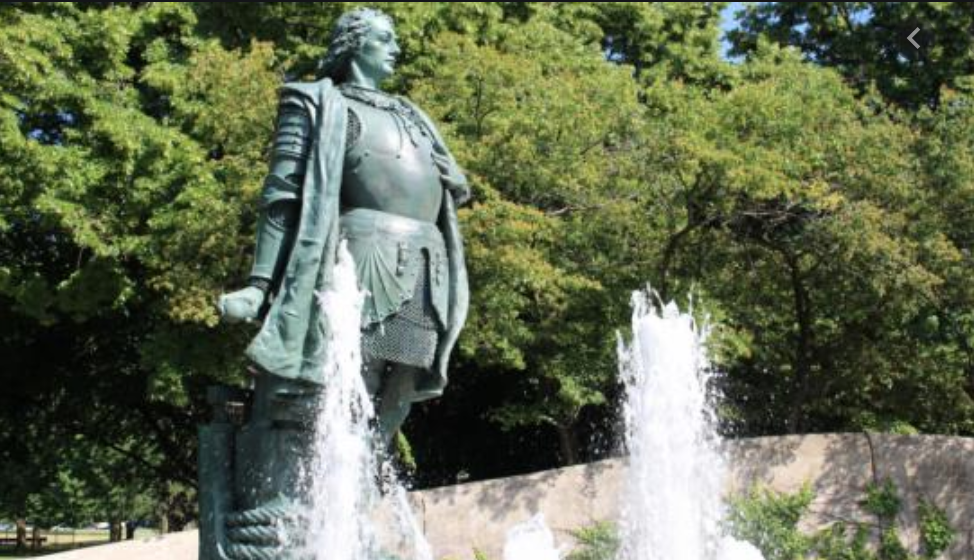
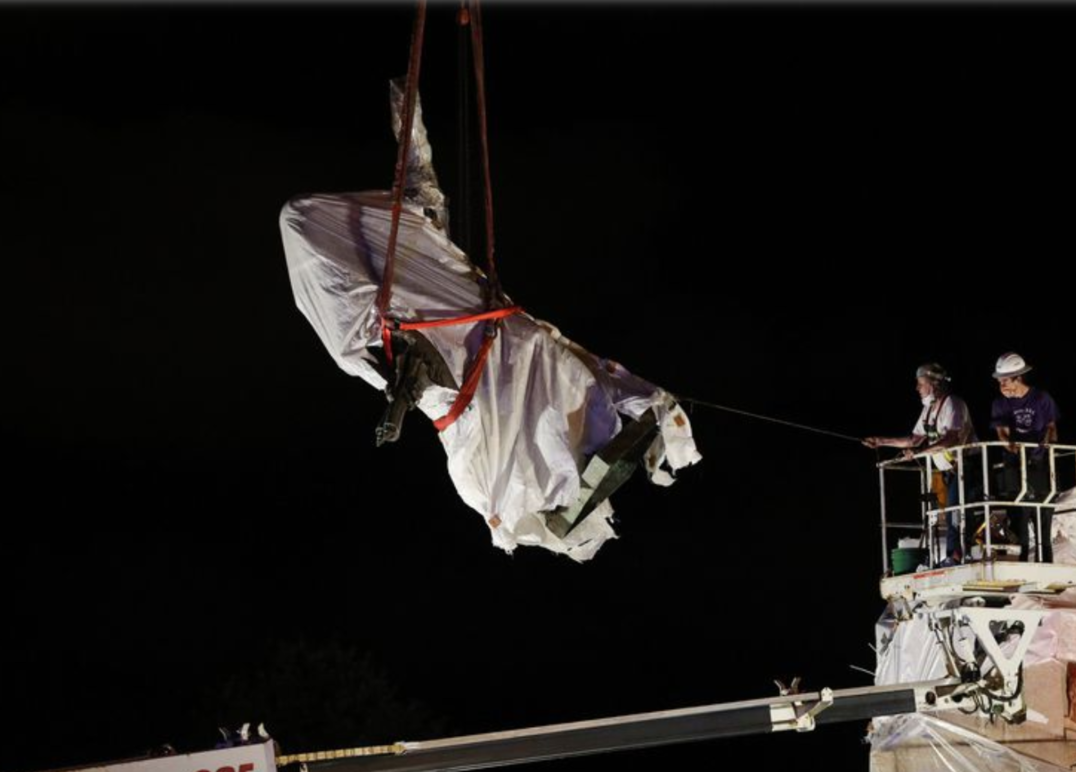

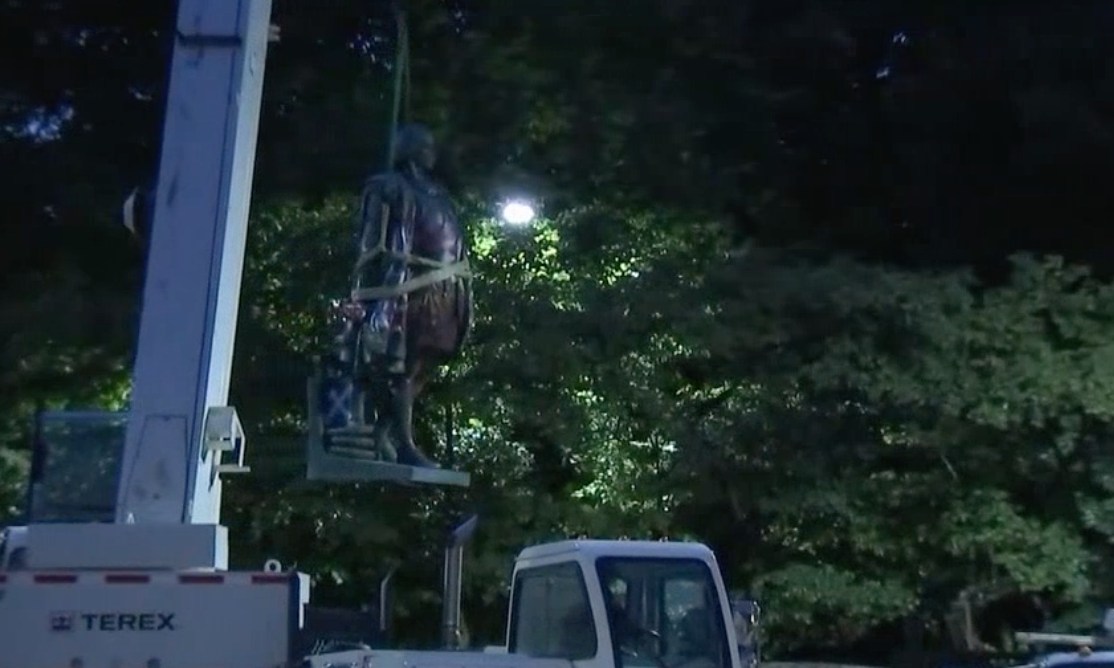
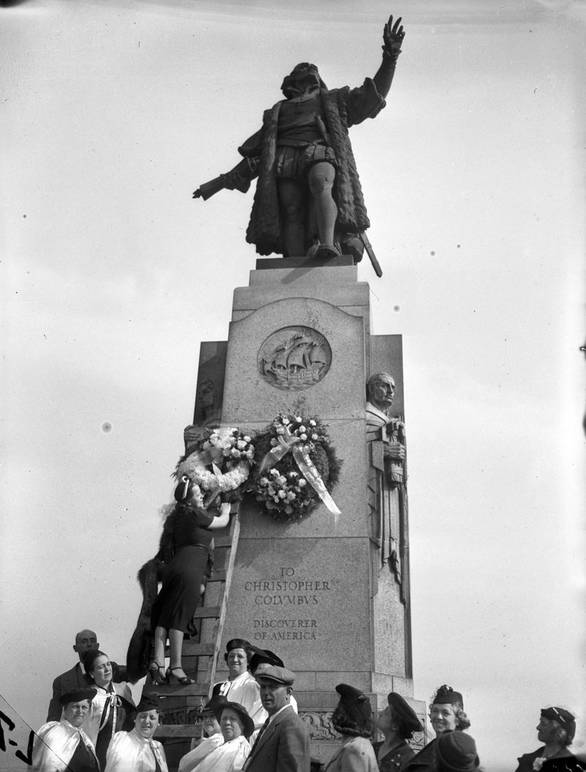
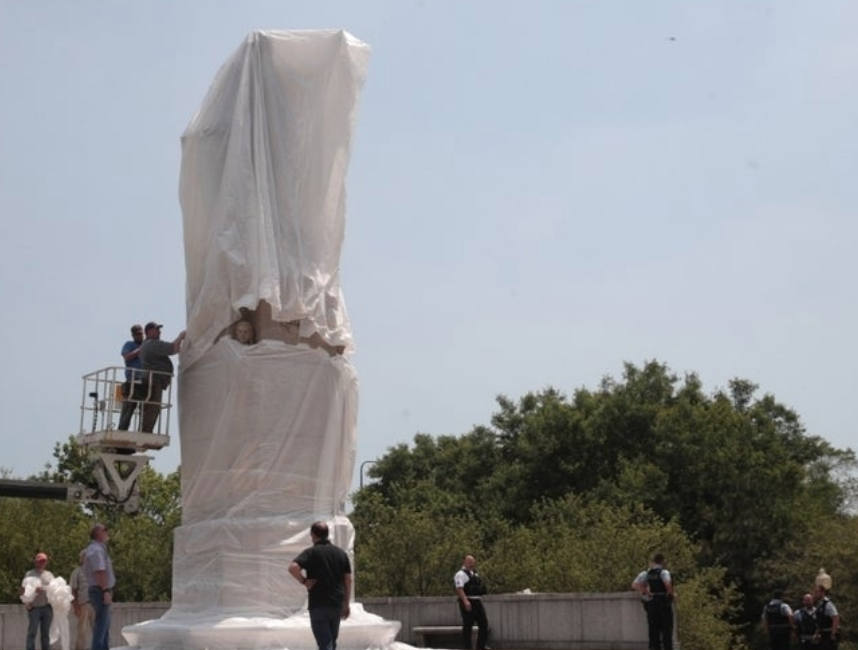



Comments
Si
Columbus
1
1
1